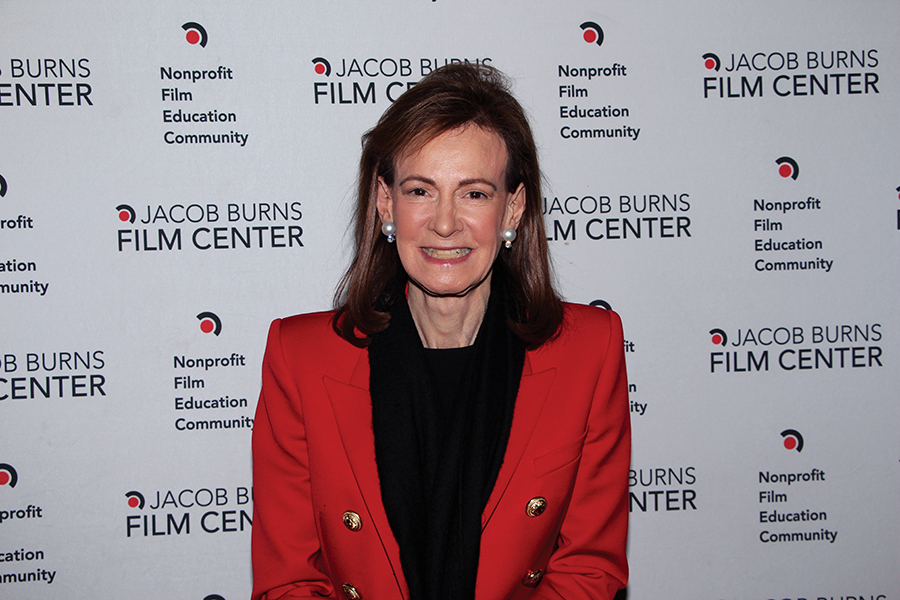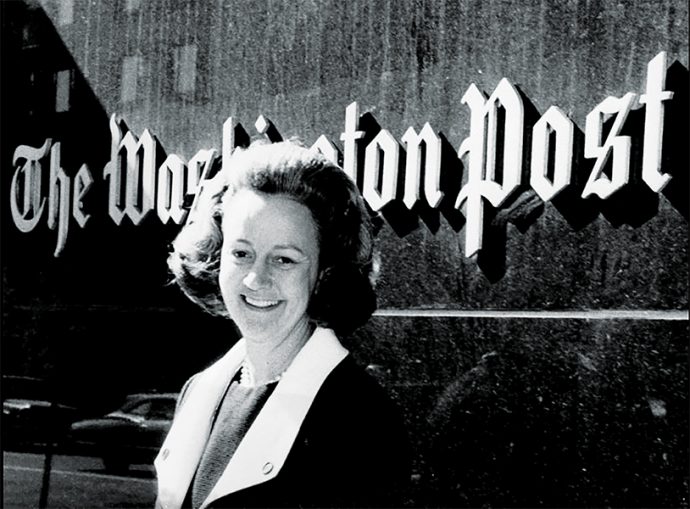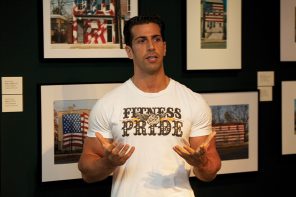The emotional apex of “The Post” — Steven Spielberg’s richly layered, Oscar-nominated take on the 1971 First Amendment showdown between The Washington Post and the Nixon White House over the Pentagon Papers — comes not in a courtroom or a boardroom but in a bedroom as a mother and daughter confront what they did for love.
Post publisher Katharine “Kay” Graham (Meryl Streep) — who succeeded her husband, Phil, in the position after he committed suicide in 1963 — tells their daughter, Lally Weymouth (Alison Brie), that she doesn’t want to let down the family or the paper in publishing the controversial Papers, a classified study of America’s disastrous involvement in Vietnam that could have far-reaching consequences. She recalls an earlier crisis in their lives — when Phil died and she, terrified of making a speech, had to reassure the company’s board of directors about the newspaper’s future with the family. In the scene, Graham asks Weymouth to read from the talking points she had enumerated on a piece of paper to help her mother through that difficult time — a keepsake that Graham treasures.

As she did in real life: “It touches me still that this young girl, who was, if anything, more devastated than I, could scribble out this simple but correct sequence of thoughts,” Graham wrote in her Pulitzer Prize-winning memoir, “Personal History” (Vintage Books/Random House Inc., 1998). As Graham observed, “Lally…was a pillar of strength and stability to me then and throughout all those terrible months….She was always loving but firm….”
Recently, Graham’s rock of a daughter recalled that challenging time during a question-and-answer session after a screening of “The Post” at the Jacob Burns Film Center in Pleasantville — not far from where her mother grew up in Mount Kisco on the family’s Georgian estate, Seven Springs, (now owned by President Donald J. Trump).
“The movie was terrific,” Weymouth said, “multilayered in wanting to show the evolution of a housewife into a confident, successful businesswoman….My father had been a dazzling, brilliant man and she wanted to keep (The Washington Post Co.) in the family….It was her first big business decision.”
Others would follow — taking the company public, going all the way to the Supreme Court of the United States (along with The New York Times) to publish the Pentagon Papers and, most famously, guiding The Post through its investigation of the Watergate break-in, which ultimately led to President Richard M. Nixon’s resignation.
“By then,” Weymouth said, “my mother had turned into a great speechmaker.”
If “The Post” and “Personal History” are about “a woman coming into her own,” as Burns executive director Edie Demas noted during the Q and A, they’re also about America coming into its own with regard to a more mature attitude toward women’s self-determination — subjects that resonate in this #MeToo moment. Graham (1917-2001) had newspaper ink in her veins. She was 16 when her father, financier and public official Eugene Meyer (chair of the Federal Reserve, president of the World Bank Group), bought The Post at a bankruptcy auction. Her mother, the former Agnes Ernst, was a journalist in an era when few women had careers and later an arts patron and political activist. (Beautiful, self-centered and hypercritical, she provides much of the heart wrenching and amusement in “Personal History” — undermining Graham’s self-confidence at every turn but also spurring the development of the Westchester County Center and bringing to it everything from Metropolitan Opera performances to annual poultry shows — sometimes all at once. She even rigged a cardboard system so the roosters couldn’t raise their heads to crow at the same time as the divas.)
The product of the prestigious Madeira School, Vassar College and the University of Chicago, Graham worked at a San Francisco paper and then at The Post early on. But when it came time to hand over the reins of the paper in 1946, Meyer chose his son-in-law rather than his homemaking daughter, with her approval. Back then, women didn’t work unless they had to and they certainly didn’t run things, although Graham would go on to be the first woman publisher of a major American newspaper and the first woman CEO of a Fortune 500 company.
Contrast this with Weymouth and her generation. A graduate of Radcliffe College, she has been a reporter, editor and author. First as diplomatic correspondent for Newsweek, once part of The Washington Post Co., and now as senior associate editor of The Post, she has “interviewed every head of state.” Such are her credentials that she is often the first interviewer to whom world leaders turn. Last June, Weymouth became the first foreign journalist to interview newly elected South Korean President Moon Jae-in regarding the crisis with North Korea. She was the first American journalist to interview Myanmar’s State Counsellor and Nobel Peace Prize laureate Aung San Suu Kyi — calling her “a tremendously compelling woman.” Weymouth also conducted the last interview with Pakistani President Benazir Bhutto before she was assassinated in December 2007.
As a diplomatic correspondent, she is well-positioned, then, to comment on the view of Trump’s America abroad:
“Leaders in the Middle East like President Trump, because they feel that they were excluded by (President Barack Obama), who they believe focused on Iran to the detriment of Saudi Arabia, Egypt and Jordan.
“However, I find those from other regions — for example, Mexico — worry about the administration’s trade/America First policy and its implications for Mexico. In Asia, as a result of the U.S. withdrawal from TPP (the Trans-Pacific Partnership), China is making enormous gains at the U.S.’ expense.”
Back in this country, much has changed in politics and journalism. Speaking to WAG briefly after the screening, Weymouth recalled that while The Post might’ve carried the most scathing articles about President Ronald Reagan, the president’s wife, Nancy, and Graham remained friends and lunchtime companions.
“People were friends,” Weymouth told the Burns audience about Washington’s more collegial past. “It was not like today when everyone is angry at everyone else.”
As with bipartisanship, print journalism has struggled. Although Weymouth’s family no longer owns The Post — her daughter Katharine Weymouth was the last familial publisher when Amazon’s Jeff Bezos purchased it in 2013 — Weymouth remains attached to the smell of newsprint and the roar of the presses.
“I love newspapers,” she says. “I’m tremendously nostalgic for the days of the linotype machines,” depicted in “The Post.” “It was a great era, really fun.”
Her mother would no doubt have concurred.
“To love what you do and feel that it matters,” she once said, “how could anything be more fun?”





